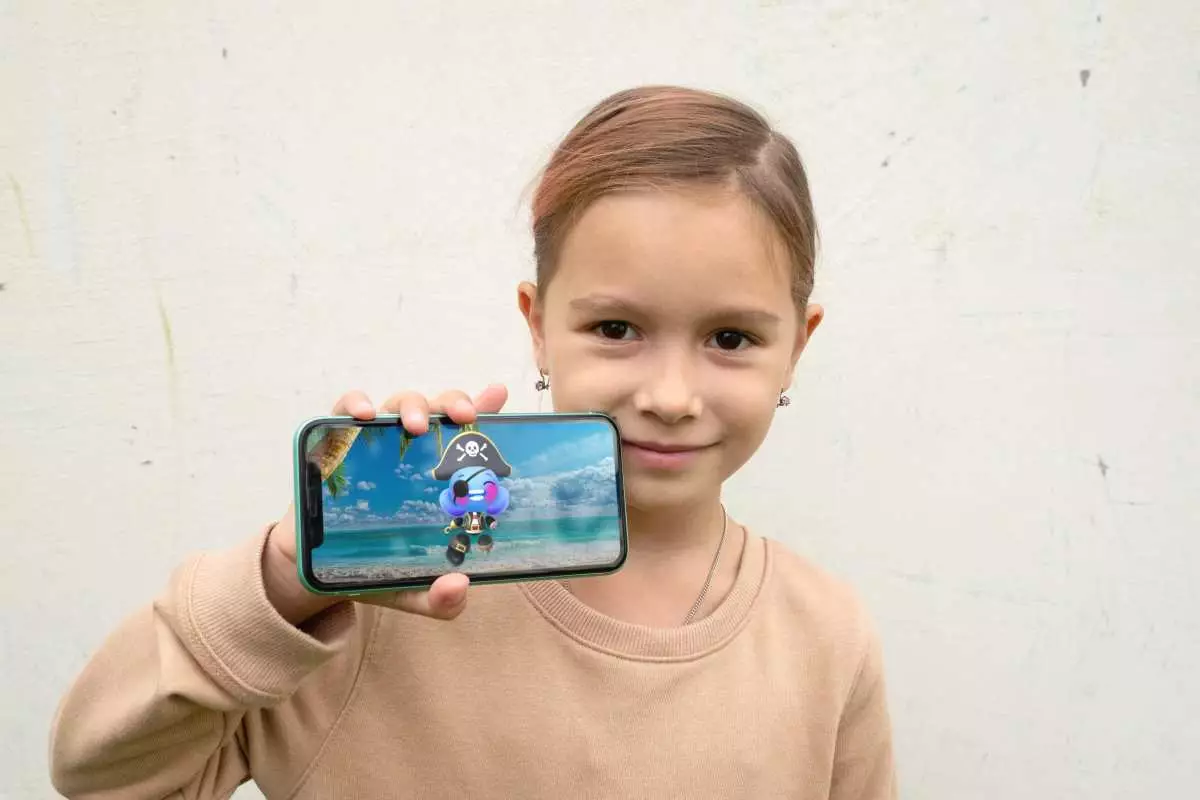In recent years, the intersection of technology and education has garnered notable attention, particularly in language learning. At the forefront of this movement is Ivan Crewkov, whose venture, Buddy.ai, exemplifies how innovation can rise from adversity. Crewkov’s journey, including the struggles inherent in launching a startup, showcases the resilience required to succeed in an increasingly competitive landscape.
In 2014, Serbian entrepreneur Ivan Crewkov faced an unexpected setback that would profoundly influence his career. Just before the launch of his first startup, Cubic.AI—a company focused on creating smart speakers—the market changed overnight. Amazon introduced its Echo smart speaker, leaving Cubic.AI with little hope of competition. Crewkov described this turn of events as a “disaster,” underscoring the challenges that many startups face in swiftly evolving market environments. The pressure to innovate and stand out can result in many promising ideas falling by the wayside.
Despite this initial setback, Crewkov’s move to the United States proved fortuitous for his family’s future. His daughters, faced with an English-speaking environment, served as an inspiration for his next venture. Recognizing a gap in the educational support for children learning English as a second language, Crewkov’s experiences led him to create Buddy.ai, a tool that leverages artificial intelligence to facilitate language acquisition in children.
The Birth of Buddy.ai
Buddy.ai is designed as a multimodal, animated conversational character that acts as a tutor, engaging children in learning English through interactive sessions. The concept emerged when Crewkov noticed that several online tutors relied on scripted responses, prompting the realization that a lifelike AI companion could replicate this method while enhancing user engagement. His own daughter became the first test subject for Buddy.ai, highlighting the personal connection that fueled the development of the platform.
The design of Buddy.ai is not solely about taking advantage of AI technology; it focuses on crafting an intuitive learning experience. By embodying an animated tutor, the platform successfully attracts the attention of children who may find traditional educational methods uninspiring. Crewkov has emphasized how children often perceive Buddy as a game rather than just a learning tool, demonstrating the potential for interactive elements to enrich educational experiences.
Navigating Complexity in Educational AI
Building an AI tool for children presented complex challenges, especially with regulatory obstacles like the Children’s Online Privacy Act (COPA). These legal frameworks aim to protect young users, complicating the development process. Crewkov and his team had to navigate a plethora of regulations while also grappling with the intricacies of training AI to comprehend the diverse linguistic backgrounds of its users.
Moreover, the technological hurdles were daunting. The capability to understand various children’s voices from different cultural and linguistic contexts required extensive data collection and advanced algorithms. Crewkov insightfully remarked on the challenge of decoding the speech of young uninitiated language learners, emphasizing the unique complexity involved in catering to children’s varying pronunciations and dialects.
Seven years after its inception, Buddy.ai stands as a testament to resilience and innovation in the education sector. The platform has achieved remarkable milestones, boasting approximately 55 million downloads and serving over 22 million students annually. Recently, the company raised $11 million in seed funding, which Crewkov noted was a challenging endeavor, requiring discussions with 186 investors before finding a partnership that aligned with their vision—BITKRAFT Ventures, which specializes in the gaming industry.
Crewkov’s positioning of Buddy.ai as child-focused distinguishes it from other language-learning platforms. Companies like Univerbal and Loora are also tapping into the educational AI space, yet Buddy.ai’s unique emphasis on engagement through gamification places it in a unique niche. With the latest funding round, Crewkov aims to enhance product development, hire key roles in design and user experience, and expand into new languages.
Crewkov envisions a future where AI tutors complement traditional educational methods rather than replace them, asserting that sustained practice is critical for language acquisition. Buddy.ai embodies a hybrid approach to learning, fostering an interactive educational environment that appeals to children. As educational technology continues to evolve, the potential for AI to transform language learning strategies grows increasingly evident.
Ivan Crewkov’s journey from a failed startup to the successful launch of Buddy.ai showcases the power of resilience and innovation in navigating the ever-changing technology landscape. The venture not only highlights the unique challenges associated with educational AI but also underscores the boundless opportunities available to those who are willing to adapt and evolve.

